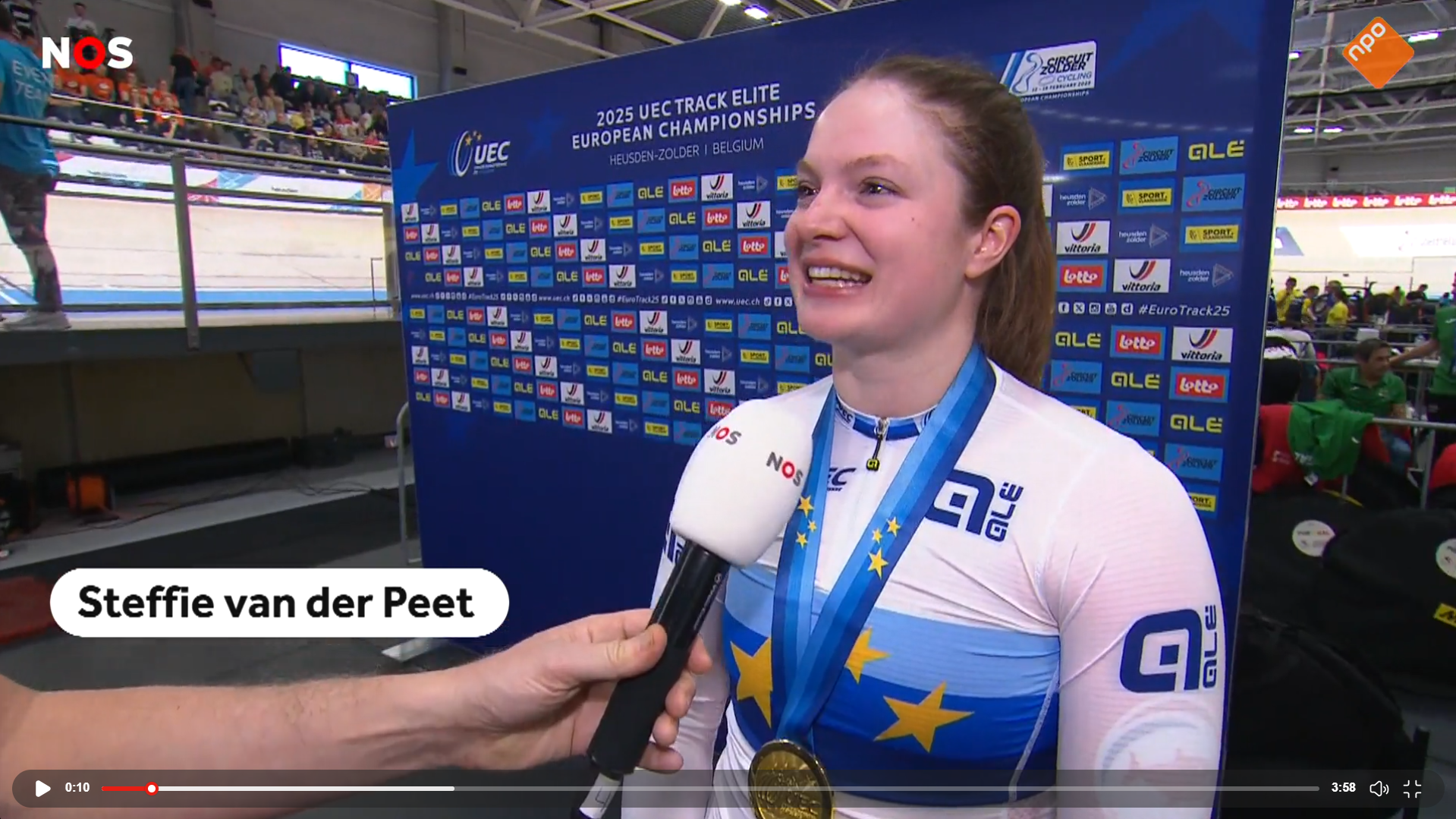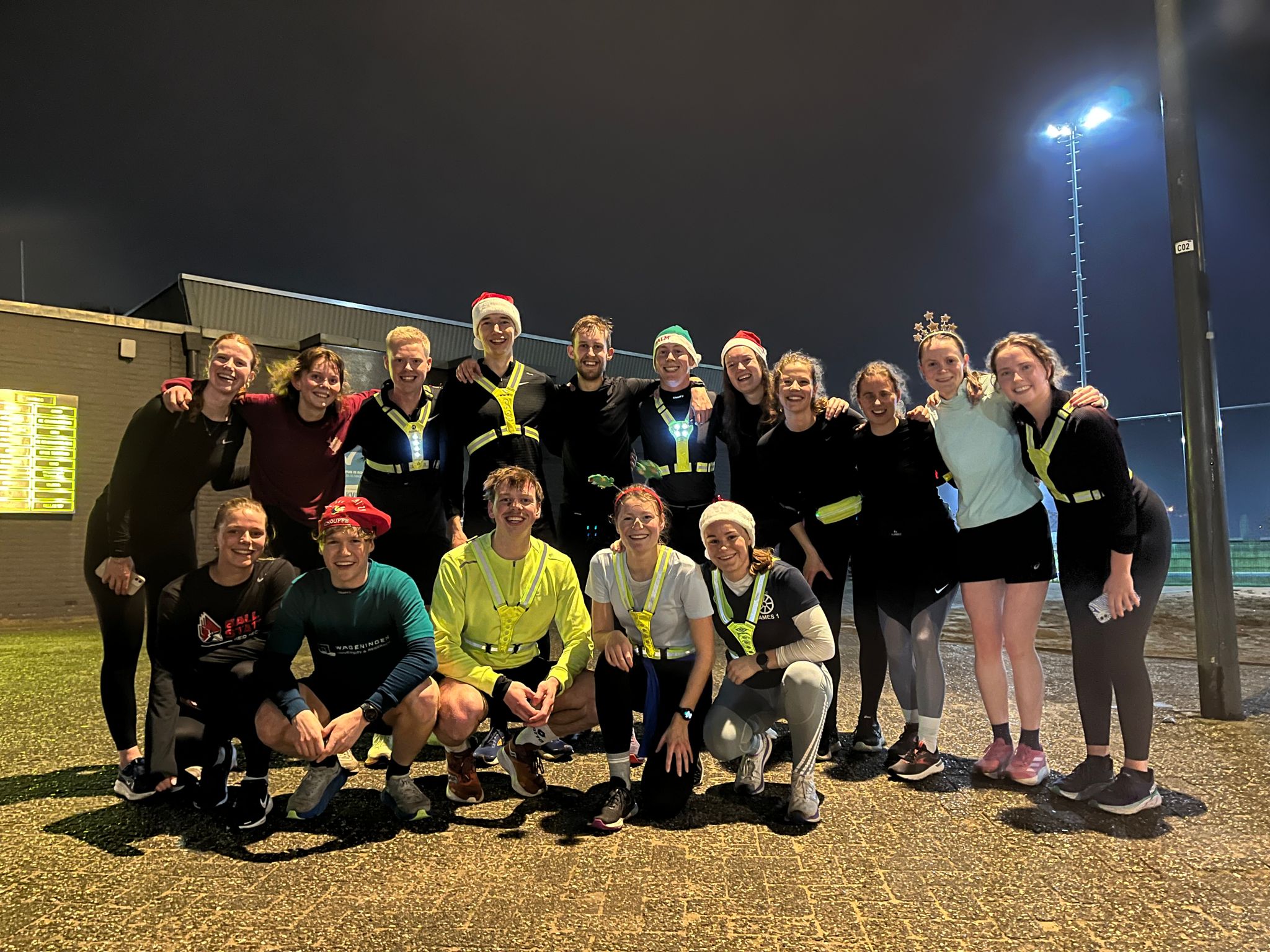Plenty of sports this summer. The football Euro Cup and Tour de France have just ended, and the Olympics are set to start at the end of this week. How does this affect our plans? Are we influenced by athletes?
Associate Professor Sophie Boerman (Strategic Communication) investigates how digital communication influences people’s behaviour, perspectives and actions. She studies what role influencers play in healthy and sustainable behaviour. ‘We are aware that influencers are trusted, and following them builds a bond. People want to be like influencers and mimic their behaviour, for example, by buying the products they endorse or exercise according to their recommendations’, Boerman states.
Appearances
Boerman the so-called fitfluencer – a fitness influencer – last year. She investigated the influence of pictures and captions posted by these influencers on women’s motivation to exercise and whether or not it made them feel insecure. She conducted two tests. One with female readers of Glamour magazine and one with women working or studying at Amsterdam University. She showed the two groups pictures that were focused more on appearances or less so, and with captions focusing on looks, health and mood. Boerman: ‘Previous studies showed that fitfluencer content focuses on appearance. That focus and the pictures of very fit, slender bodies can cause people to feel insecure about their own bodies.’
What elite athletes show can only be achieved by a few. That makes it hard for us to identify with them. Some elite athletes are simply good at making appealing content.
The results showed that the two groups in Boerman’s study who were shown pictures focusing on appearances had the least intention to exercise. Moreover, the results showed that these pictures caused women to feel insecure, an effect that is not cushioned by a caption focusing on health. ‘The findings suggest that Instagram pictures from fitfluencers focusing on appearance have hardly any effect on people’s intent to exercise, even when accompanied by captions praising the physical and mental health benefits of exercise’, Boerman underscores.
Elite athletes as role models
How can we apply this knowledge to the sports content we see this summer? ‘The performance demonstrated by Olympic and other elite athletes is only achievable by a select few. That makes it harder for us to identify with them. Moreover, it is more difficult to mimic their behaviour’, Boerman explains.
Boerman: ‘They are not influencers as such, but athletes are a role model. Their performance is something people look up to and want to follow. The Olympics are the holy grail for many athletes, but they are also something magical for viewers and supporters, precisely because it is an unachievable goal for many.’
Make sure you show that the performance level of elite athletes is only achievable for some but that sports in itself are fun. That may motivate people to give it a go
The fact that it is harder for us to identify with an elite athlete does not mean that such top athletes can’t be influencers. There are plenty of examples of top athletes with many followers on social media. Boerman: ‘The combination of practising elite sports and influencing is certainly possible. Some athletes are good at producing appealing content. Moreover, they are charismatic superstars who attract followers naturally. Some take more advantage of that fact than others.’
Trying
Olympic athletes can showcase a particular discipline and spark people’s interest. That provides organisations such as NOC*NSF with opportunities, Boerman argues, ‘But be sure to steer clear of a focus on appearances, as this may have a demotivating effect and can cause people to have negative thoughts about their bodies and sports. Make sure you show that the performance level of elite athletes is only achievable for some but that sports in itself are fun. That may motivate people to give it a go.’

 ‘Make sure you show that the performance level of elite athletes is only achievable for some but that sports in itself are fun. That may motivate people to give it a go.’ Photo Shutterstock
‘Make sure you show that the performance level of elite athletes is only achievable for some but that sports in itself are fun. That may motivate people to give it a go.’ Photo Shutterstock 

